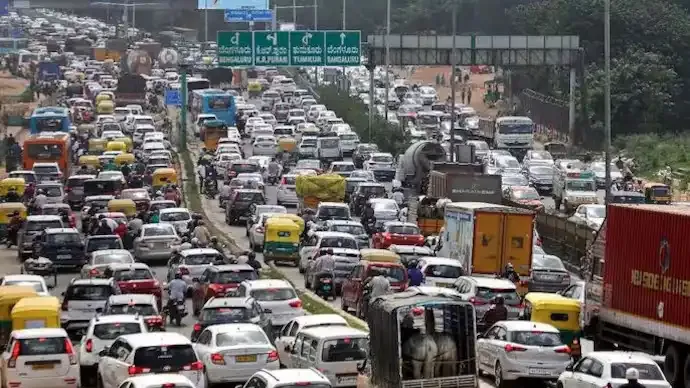Shopping cart
Your cart empty!
Terms of use dolor sit amet consectetur, adipisicing elit. Recusandae provident ullam aperiam quo ad non corrupti sit vel quam repellat ipsa quod sed, repellendus adipisci, ducimus ea modi odio assumenda.
Lorem ipsum dolor sit amet consectetur adipisicing elit. Sequi, cum esse possimus officiis amet ea voluptatibus libero! Dolorum assumenda esse, deserunt ipsum ad iusto! Praesentium error nobis tenetur at, quis nostrum facere excepturi architecto totam.
Lorem ipsum dolor sit amet consectetur adipisicing elit. Inventore, soluta alias eaque modi ipsum sint iusto fugiat vero velit rerum.
Sequi, cum esse possimus officiis amet ea voluptatibus libero! Dolorum assumenda esse, deserunt ipsum ad iusto! Praesentium error nobis tenetur at, quis nostrum facere excepturi architecto totam.
Lorem ipsum dolor sit amet consectetur adipisicing elit. Inventore, soluta alias eaque modi ipsum sint iusto fugiat vero velit rerum.
Dolor sit amet consectetur adipisicing elit. Sequi, cum esse possimus officiis amet ea voluptatibus libero! Dolorum assumenda esse, deserunt ipsum ad iusto! Praesentium error nobis tenetur at, quis nostrum facere excepturi architecto totam.
Lorem ipsum dolor sit amet consectetur adipisicing elit. Inventore, soluta alias eaque modi ipsum sint iusto fugiat vero velit rerum.
Sit amet consectetur adipisicing elit. Sequi, cum esse possimus officiis amet ea voluptatibus libero! Dolorum assumenda esse, deserunt ipsum ad iusto! Praesentium error nobis tenetur at, quis nostrum facere excepturi architecto totam.
Lorem ipsum dolor sit amet consectetur adipisicing elit. Inventore, soluta alias eaque modi ipsum sint iusto fugiat vero velit rerum.
Do you agree to our terms? Sign up

In the fast-growing urban centres of India, a significant yet underreported economic strain is reshaping the lives of millions of workers. The daily act of travelling to work—once a mundane routine—has become a financial burden so heavy that many low-wage, gig, and part-time workers now question whether an office job is even worth pursuing.
Across major cities, transport costs are consuming 15% to 25% of workers’ monthly earnings, turning commuting into an unexpected “income tax” on those who can afford it the least. This financial drain is accompanied by long, exhausting journeys through dense traffic, pushing many to reconsider traditional employment altogether.
In cities such as Delhi-NCR, Bengaluru, Mumbai, and Hyderabad, one-way commutes often stretch between 45 minutes and an hour. Monthly travel expenses can easily range from ₹1,500 to ₹7,000, and for those relying on cabs or intercity travel, the figure climbs much higher.
Workers who juggle part-time shifts, caregiving responsibilities or multiple gigs feel this strain most acutely. According to data from the International Workplace Group, 40% of part-time workers would quit if required to commute daily, while 41% of former part-timers cite travel costs as the main reason they have exited the workforce.
For many, the decision to step back from employment is based not only on money spent but time lost. Long hours in traffic, crowded metro corridors and unpredictable surcharges eat into their productivity and family time.
Stories like those of Ankita Sharma, who spends nearly one-fifth of her earnings just reaching her Delhi office from Noida, are becoming increasingly common. Others, like Deepika Bajaj, spend over ₹10,000 a month on intra-city travel—an expense that forces reconsideration of their career choices and work-life priorities.
Research shows that flexible and hybrid work arrangements could help reverse this declining participation. Over 55% of part-time workers say they would return to work if offered flexible hours. 57% indicated they would join the workforce again if companies provided offices closer to home or allowed them to operate from local workspaces.
Many HR leaders now reaffirm that commute concerns are influencing hiring trends. Firms in Gurgaon, Noida, and Bengaluru have reported candidates rejecting job offers solely due to travel concerns, regardless of salary packages.
India’s commuting crisis exposes a growing policy gap: while urban expansion increases travel distances, infrastructure and affordability lag behind. This disproportionately affects women, gig workers, and low-income households, effectively pricing them out of employment.
Experts highlight the need for a multi-tier approach—subsidised transport, improved last-mile connectivity, expanded flexible work policies, and decentralised office hubs—to retain workers and stabilise workforce participation.
Commuting is no longer a routine inconvenience—it has become a defining economic factor for millions. As the country works toward stronger growth, sustaining the workforce will require rethinking how, where and why people travel for work. When the cost of reaching the office begins to outweigh the benefits of employment, the urgency for new solutions becomes impossible to ignore.
7
Published: Nov 06, 2025